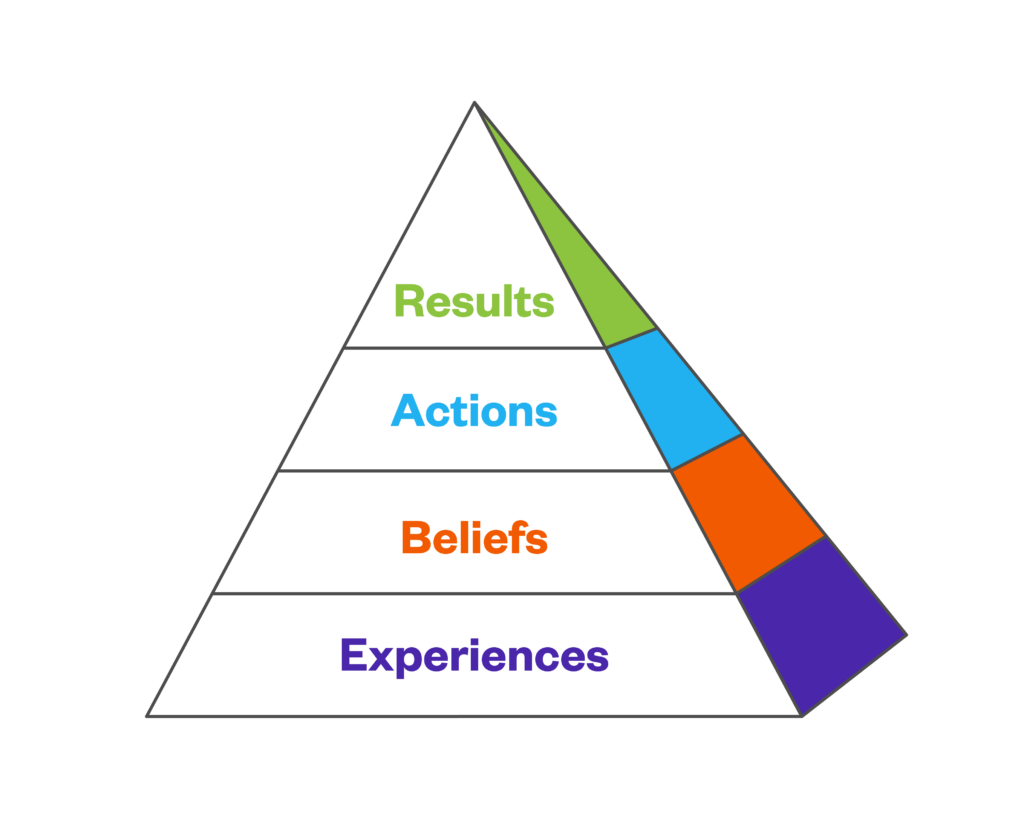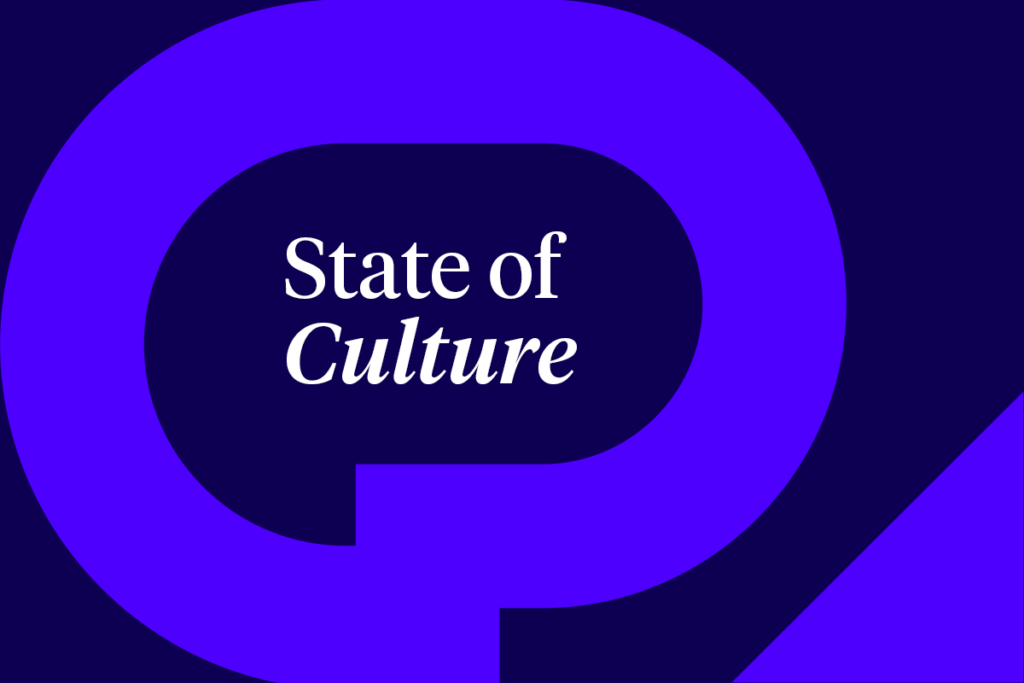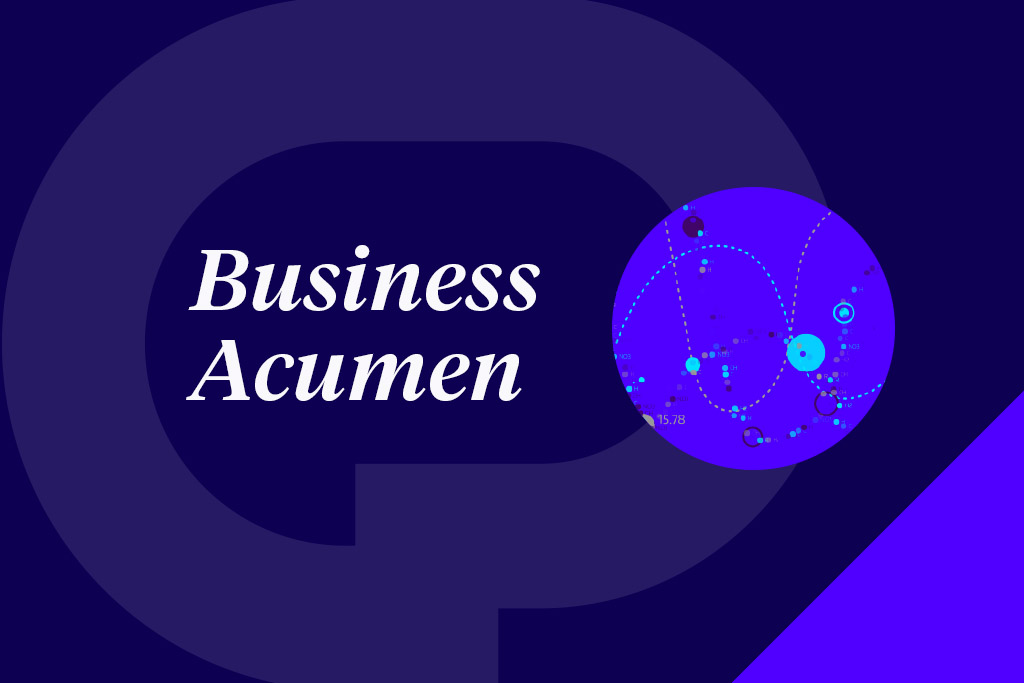This post originally appeared on Jessica Kriegel’s LinkedIn. To subscribe to her every-Friday newsletter, also on LinkedIn, go right here.
We’ve been trying – sometimes in a performative way – to get diversity right within organizations for literal decades now. We’ve had some big wins, and some cringe-y moments. It felt like 2020 was going to be a turning point, especially in the aftermath of George Floyd. There were movements, and corporations often joined them, but we’ve seen a lot of that momentum on DEI issues erode in the last three years. It’s still top of mind for some companies, but the approaches and strategies can be pretty scattershot.
I want to frame up Diversity 2.0 and help us contextualize these discussions better (I also fully realize we might be on Diversity 5.0 by now). It’s the idea of multiculturalism vs. interculturalism.
Defining the terms
Multiculturalism emphasizes the coexistence of different cultures within society; you maintain your cultural differences and identity, and those differences are celebrated as you recognize and respect the cultural differences of employees.
Interculturalism emphasizes the interaction and idea exchange between different groups; you are looking more for mutual understanding and respect, with the goal being a shared sense of belonging.
Where we are right now
We are currently very focused – and some might argue too focused – on identity at this moment. While identity is a noble focus in many respects, an over-focus on identity can inherently create silos, mistrust and division if handled poorly.
A few years ago, 37signals (i.e. Basecamp) founder Jason Fried had a mini-viral moment when he tried to ban political discourse at his companies. That got a lot of flak, and some employees even quit. Fried’s idea was that workplaces were getting too contentious around politics and identity, and they were losing sight of the work. In fact, one of his headers in that post is “Not losing sight of what we do here.”
Companies have a big role in society, yes, but their primary role is not around social justice. It’s around employing people and creating quality products and services. Social justice is within that role, but not primary.
Unfortunately, the division and contentiousness within the same organization – so, theoretically people that should all be rowing in the same direction – is still very present, two years after Fried wrote that post and three years after Floyd.
What if, though – what if we shifted from a more multicultural approach to a more intercultural approach?
How could we do this?
The main idea would be a focus on the positives of interaction between people as opposed to the differences between people.
At CULTURE PARTNERS , we frame our work around a pyramid model:

Everything is rooted in experiences; that’s the first brick you need to work on. Experiences drive beliefs, which drive actions, which of course ultimately drive results.
A culture that experiences a lot of standard DEI trainings (which is more in the “multiculturalism” model) often doesn’t have good experiences. In a 10,000+ participant study, Adam Grant, Edward Chang, Katherine Milkman, Reb Rebele and others found (distressingly) that:
“We found very little evidence that diversity training affected the behavior of men or white employees overall — the two groups who typically hold the most power in organizations and are often the primary targets of these interventions.”
For the DEI piece of culture to work properly, you need to focus on the experience level first — and in an interculturalism model, the experience level is driven by consistent messaging (and action) on shared understanding and respect. You’re trying to build belonging, much as any good manager would build around psychological safety, as opposed to showcasing differences more overtly.
Think about this question and discuss it with your managers: How are employees experiencing the idea of diversity and inclusion? Is it framed up mostly in conversations about difference, or mostly in conversations seeking to find common ground and belonging?
Where does this shift to interculturalism begin?
I’d argue this needs to begin with senior leaders and not with HR. HR can be the tracking department for these types of initiatives, but they can’t be the out-in-front leader. While I know some amazing HR departments and leaders, the “brand” of HR is generally not great right now, and it’s especially poor around DEI issues. The way that HR-designed DEI works unfortunately creates more backlash than we realize.
If the message comes from senior leaders that we’re going to focus on positives of interaction as opposed to sheer observable differences, it can resonate more.
This is not even a performance review-level work — it’s about fostering conversations and interactions among a team and creating a sense of psych safety around differences and similarities.
Front-line managers need to be shaping their teams in this way as is. That means hiring for all types of diversity – the observable differences, but also age, background, industry experience, etc. Diversity is a full-court press in this regard. You want to knock out ageism and experience-ism and college degree-ism and all the rest. That gets you a team that is different enough that, as you foster conversations, you begin to embrace the intercultural approach naturally.
What is one potential benefit to training in this approach?
DEI training focused less on multi-cultural and more on inter-cultural is likely to have less blowback and recoiling – because instead of discussions about privilege, you’re encouraging them into a dialogue with people different from them.
DEI jobs have been lost in tech recently due to layoffs, per Bloomberg News, but there will be a snap-back, just as there will be a snap-back around ESG jobs — and instead of creating divisions around identity and “woke,” we need to create a longer table/bigger tent.




